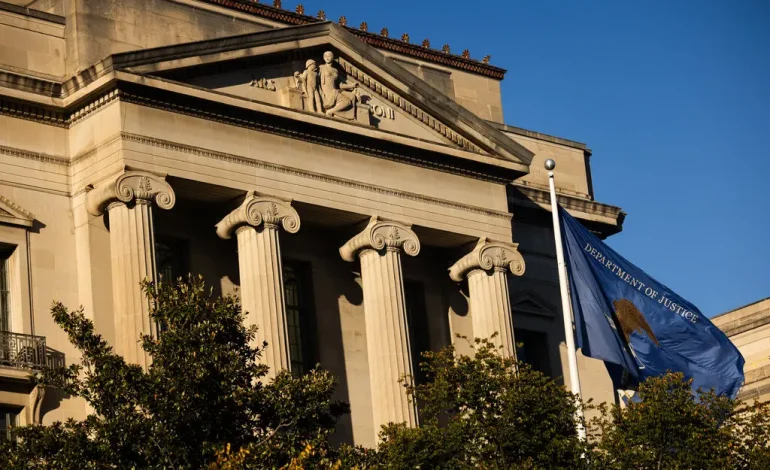US regulators are seeking significant penalties for Google in response to its monopolistic practices, with a proposal to break up the tech giant by forcing the sale of its widely-used Chrome web browser.
This recommendation, put forward by the US Department of Justice (DOJ), is part of a broader effort to curb Google’s dominance in the search engine market, following a court ruling earlier this year that found the company had abused its monopoly over the past decade.
The DOJ’s filing, submitted late Wednesday, outlines several proposed remedies. In addition to the sale of Chrome, the government is calling for restrictions that would prevent Google from favoring its search engine on Android devices and from engaging in exclusive, multibillion-dollar agreements to make Google the default search engine on platforms like Apple’s iPhone. Regulators argue that selling Chrome would eliminate Google’s control over a major entry point to the internet, thereby allowing competitors better access to the browser and creating more opportunities for rival search engines.
The filing also suggests that Google should share its search index data with competitors to level the playing field. Additionally, the company would be required to offer greater transparency into its pricing model for search-related advertisements. These measures are intended to reduce the competitive advantage Google has gained through its exclusive agreements and improve the environment for other players in the online search space.
Google has strongly criticized the DOJ’s recommendations, describing them as overly broad and potentially harmful to consumers and innovation. Kent Walker, Google’s Chief Legal Officer, argued that such actions would undermine the company’s ability to continue leading in key areas such as artificial intelligence and would compromise user privacy.
The DOJ’s actions follow a landmark ruling by US District Judge Amit Mehta in August, which concluded that Google had unlawfully maintained its monopoly in the search market. The recommended penalties come after years of investigation and litigation, with regulators seeking to correct the market imbalances created by Google’s practices.
Although the proposal to sell Chrome is highly significant, it is still uncertain whether Judge Mehta will adopt all of the DOJ’s suggestions. Experts have raised concerns that the proposed remedies could extend beyond the scope of the original case, particularly with the focus on Chrome and Android, which were not central to the issues found in the initial ruling.
The upcoming court hearings are scheduled to begin in April, with Judge Mehta expected to make a final decision by Labor Day. If implemented, the DOJ’s recommendations could have a profound impact on Google’s business, reshaping the competitive dynamics of the internet and potentially setting a precedent for future antitrust cases against other tech giants such as Apple, Amazon, and Meta.
Google has indicated that it plans to appeal any unfavorable rulings, likely prolonging the legal battles that have already spanned more than four years.
The Associated Press and the New York Times contributed to this report.









